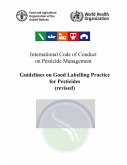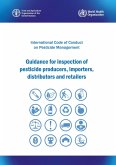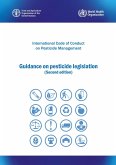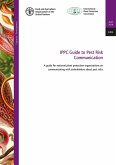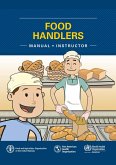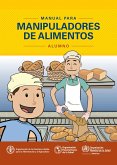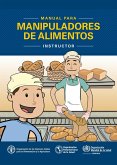First, they provide technical information on personal protection and on the selection and use of PPE. Second, in line with the FAO/WHO International Code of Conduct on Pesticide Management, they address policy issues and recommend measures to improve personal protection and specifically the use and availability of adequate quality and affordable PPE. They are primarily aimed at government authorities in charge of pesticide management and risk reduction, but are also considered useful to public and private sectors such as pesticide industry, non-governmental organisations (NGO) and other relevant entities. More specifically, these guidelines are targeted at stakeholders in low and middle income countries (LMICs) where it is acknowledged that there is limited legislation, compliance and enforcement, and PPE availability. These Guidelines were developed by the FAO/WHO Joint Meeting on Pesticide Management (JMPM) to provide guidance on provisions in the Code of Conduct on Pesticide Management that are related to personal protection of pesticide users. They are meant to enhance current national legislation and regulations on personal protection and personal protective equipment (PPE) or where there is none, to provide guidance. They reflect the FAO/WHO joint approach on pesticide management, thus addressing personal protection of both agricultural and public health operators/applicators, the latter being engaged in using insecticides for vector control.
Dieser Download kann aus rechtlichen Gründen nur mit Rechnungsadresse in A, B, CY, CZ, D, DK, EW, E, FIN, F, GR, H, IRL, I, LT, L, LR, M, NL, PL, P, R, S, SLO, SK ausgeliefert werden.



